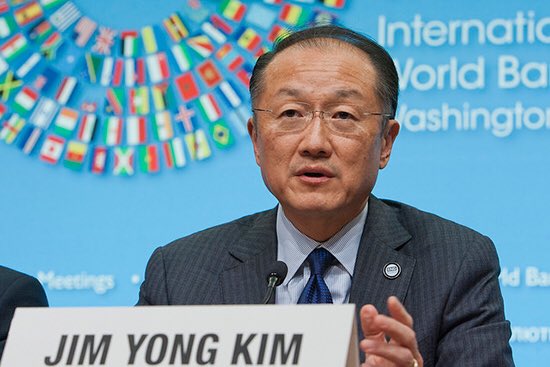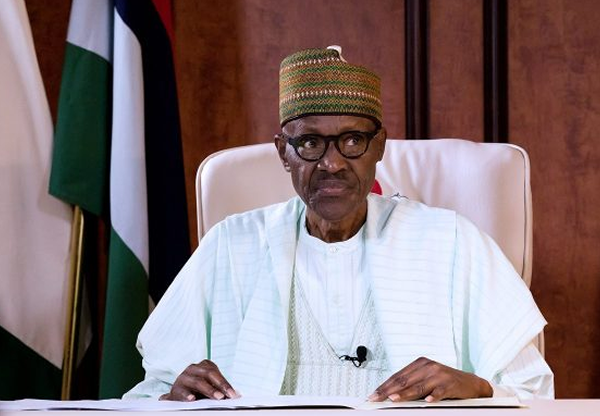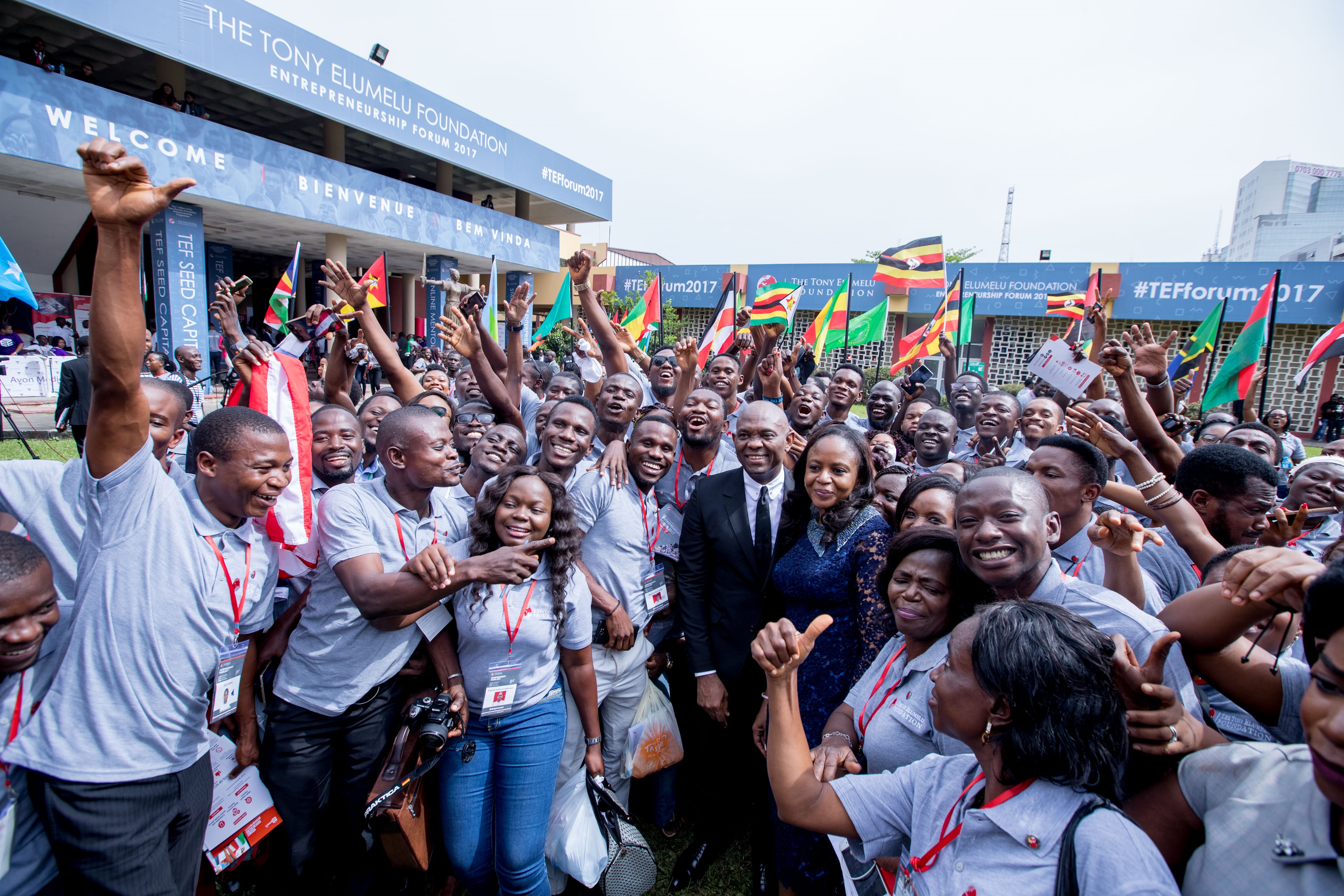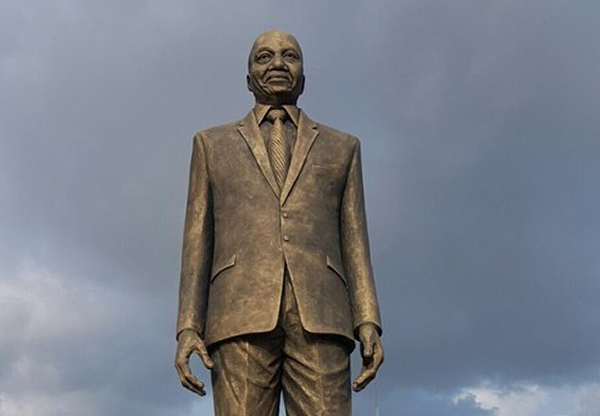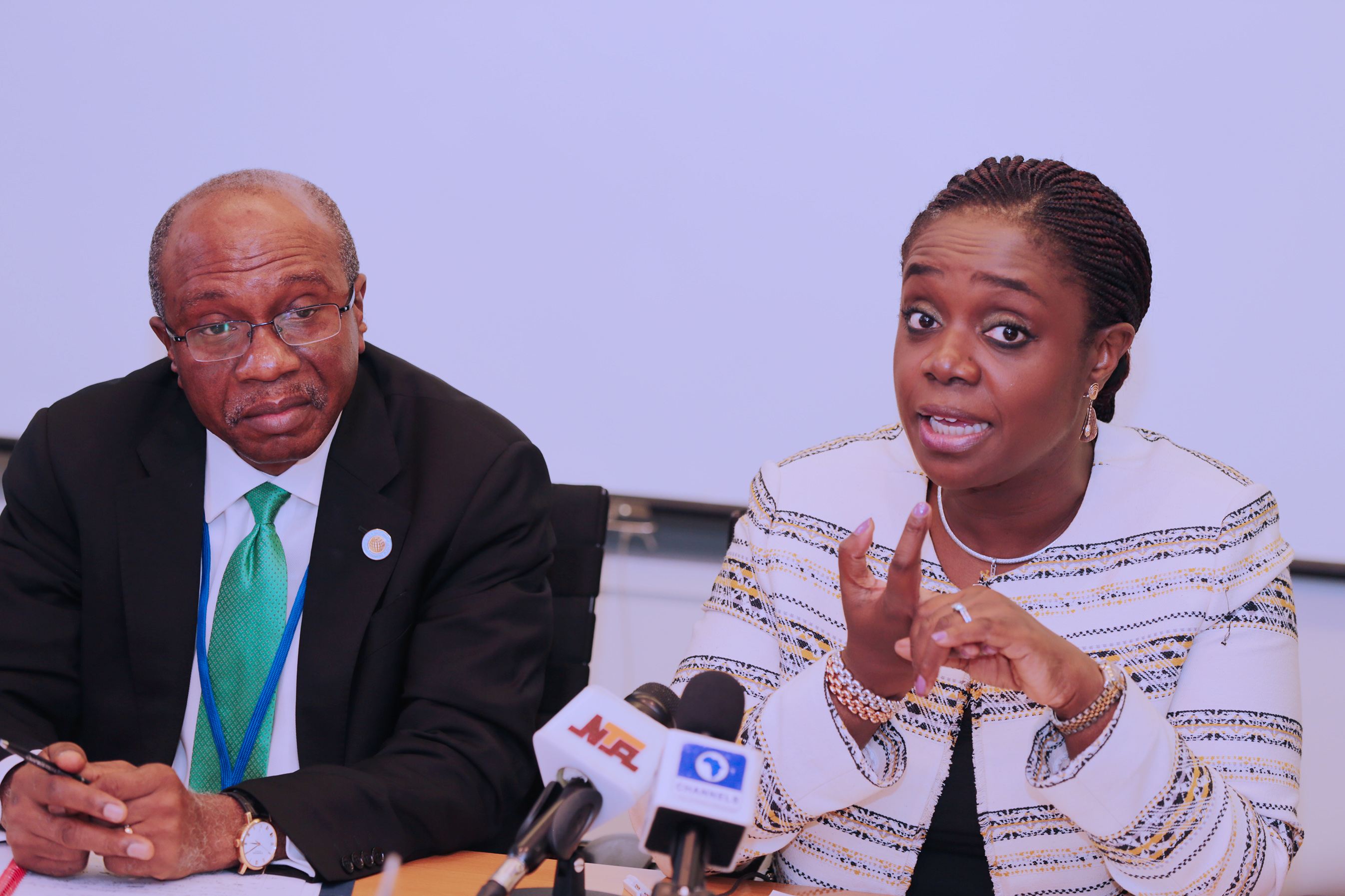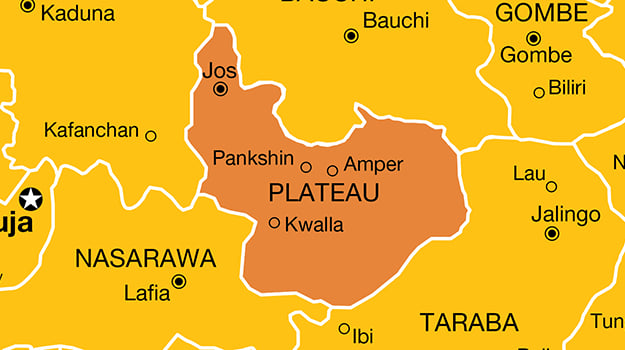
I was in the room when Jim Yong Kim, president of the World Bank, said what he said on Thursday in Washington DC. You can call me a witness.
Obinna Chima, of THISDAY/ARISE TV, had posed two questions in one.
He asked: “What can you tell us about Nigeria, specifically your intervention in the power sector, and also, what is the World Bank doing to support those ravaged in the northeastern part of Nigeria by the Boko Haram terrorists?”
Advertisement
Chima’s second question was obviously on the Boko Haram insurgency and rebuilding the north-east.
Kim then replied: “You know in my very first meeting with President Buhari, he said specifically that he would like us to shift our focus to the northern regions of Nigeria and we have done that. Now it’s been very difficult, the work there has been very difficult.”
He visited Nigeria in April 2016 and met with Buhari, and it is presumed that it was during the meeting that the Nigerian president made the request.
Advertisement
My first interpretation of Kim’s response was that he understood the question to mean what the World Bank was doing to support the north-east where millions have been affected by the Boko Haram insurgency.
His use of the phrase “northern regions” would however suggest he was talking about the entire north, and this instantly fuelled anger in Nigeria because there was already a big question mark over the perceived pro-north attitude of the president since he assumed office in 2015.
DID BUHARI MEAN ‘NORTH’ OR ‘NORTH-EAST’?
In a series of tweets from the official Twitter account, the presidency defended Buhari’s statement, maintaining that the north-east has always been a priority to the president.
Advertisement
“Northeast Nigeria has always been a priority for President @MBuhari, right from when he campaigned to be President,” the presidency tweeted.
“From the start of the administration, President Buhari has consistently highlighted the need for Int’l support to secure & rebuild the N/East.
“The northeast has featured prominently in all of the President’s engagements with the International Community.
“Securing the northeast & Rebuilding it, and seeking International support & assistance for this, will continue to be a priority for us.”
Advertisement
DID KIM MISUNDERSTAND NIGERIA’S DELICATE CONFIGURATION?
There are various theories now developing around the controversy.
Advertisement
One is that Kim does not understand the difference between the north-east and the north in Nigeria. So when he was asked about “north-east”, his answer was “northern regions”. It may sound minute, but it makes a lot of difference.
Nigeria’s north-east would be one of the poorest in the world if taken as a country, according to Muhammad Sanusi II, the emir of Kano. The development indices are dire: access to water, healthcare, housing, sanitation, infant mortality, maternal mortality, girl-child education, among others.
Advertisement
Also, the north-east is home to millions of internal refugees because of the insurgency that has devastated the region, making it virtually impossible to rebuild. Hundreds of schools have been destroyed by Boko Haram in the region. The poverty is untold.
The situation is not that bad in other parts of the north — the north-west and north-central. The north-central, in particular, is better off than the north-east and north-west.
Advertisement
If Buhari indeed asked for focus on the “north-east”, he could justify it better than asking for focus on “northern regions”. But by saying Buhari asked him to focus on “northern regions”, Kim unwittingly touched on the raw nerves of north/south dichotomy in Nigeria. This could not have been deliberate though, as Kim is a diplomat.
WHY ALWAYS ME?
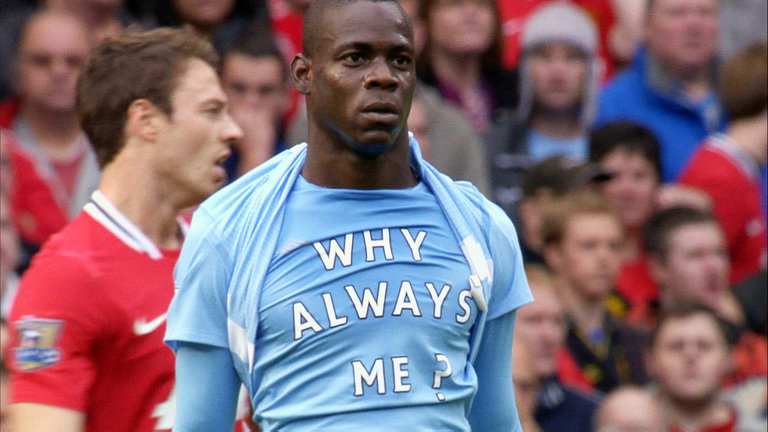
Mario Balotelli, the Italian footballer who is more famous for his troubles than his triumphs, once unveiled an underwear T-shirt reading: “Why always me?” He was always in the news for the bad reason.
“I belong to everybody and I belong to nobody” were the words of President Muhammadu Buhari in his inauguration speech. This caused a wave of excitement in Nigerians who were looking forward to enjoying the outcome of an historic election.
However, that joy was cut short when Buhari made a statement that laid a foundation of the perceived inequality to be expected in his government in the minds of Nigerians.
“I hope you have [a] copy of the election results. Literally, constituencies, for example, that gave me 97% cannot in all honesty be treated, on some issues, with constituencies that gave me 5%. I think these are political realities. While, certainly, there will be justice for everybody but well, the party in constituencies that by sheer hard work got their people to vote and ensured that their votes counted, they must must feel that the government has appreciated the effort they put in putting the government in place. I think this is really fair,” Buhari had said in June 2015 while answering a question about his administration’s plans for the Niger Delta.
And 28 months later, after some Nigerians had complained about lopsided appointments towards the north, Kim added one more layer to that foundation.
It came at the time the Igbo are complaining about being pushed to the margins and the Indigenous People of Biafra (IPOB) is seeking to break away from Nigeria. In other parts of the south, there is a campaign for restructuring apparently to whittle down the perceived domination of Nigeria by the north.
Even if Kim did not say what he said, the perception in southern Nigeria is that Buhari belongs to the north.
That perception is not about to change.
Add a comment

